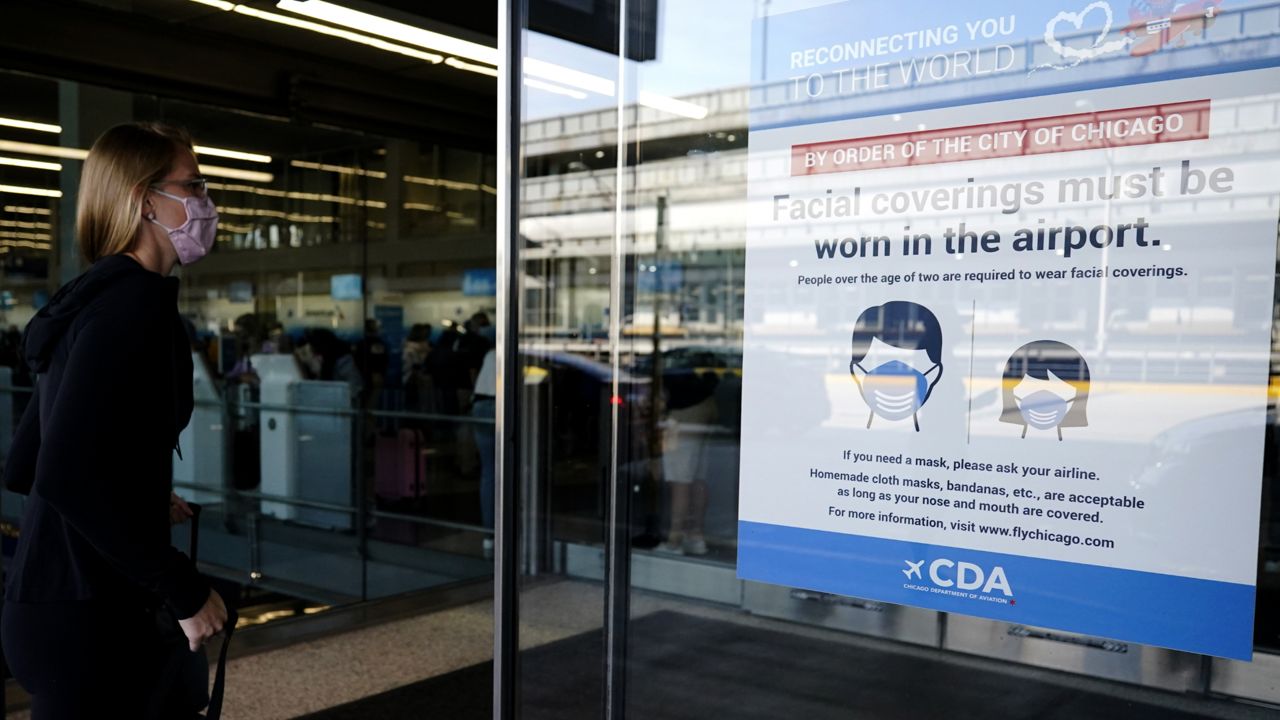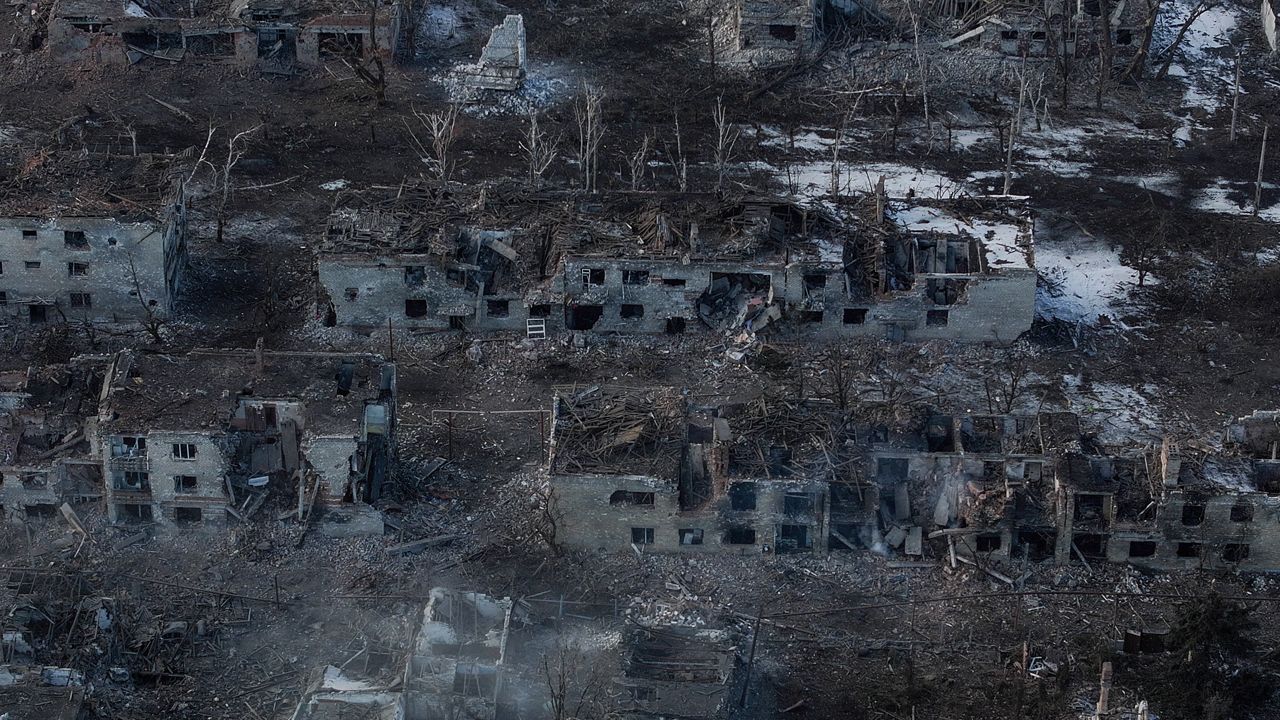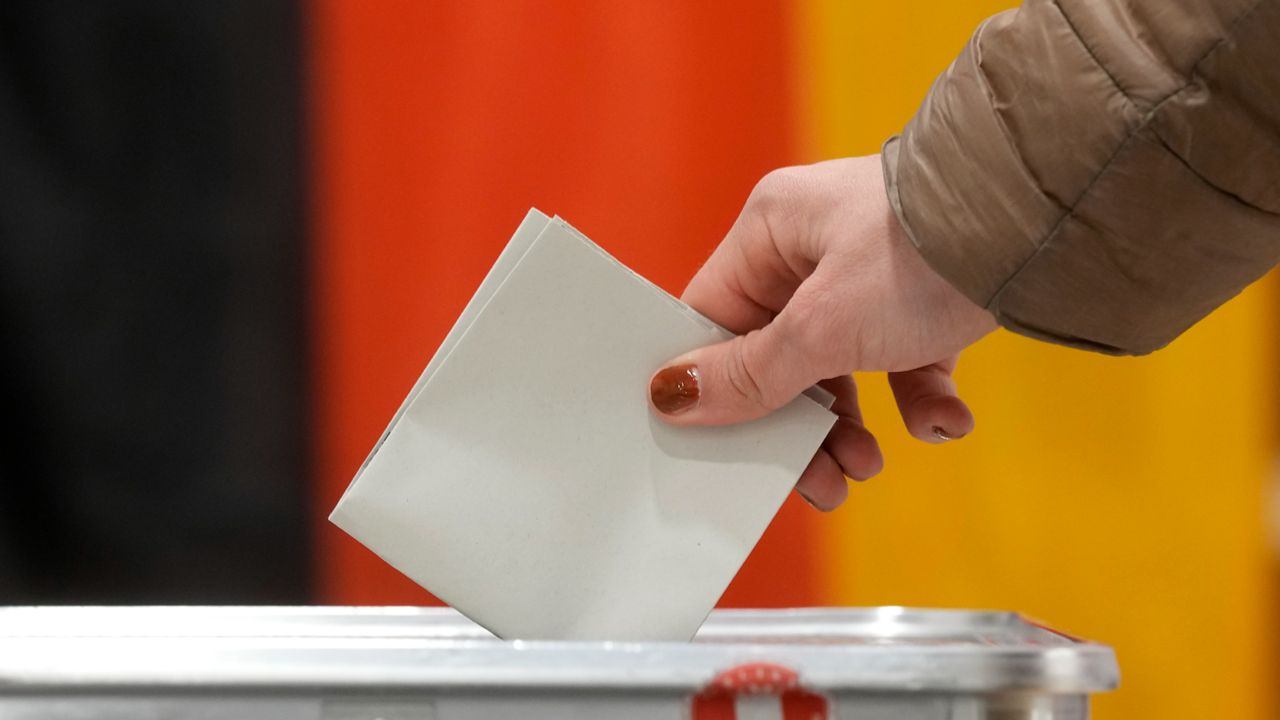The Federal Aviation Administration says it has referred 37 cases involving unruly airline passengers to the FBI for possible criminal prosecution since the number of disruptions on flights began to spike in January.
FAA and Justice Department officials said Thursday that in the last three months they developed a process for the FAA to regularly send cases to the FBI, which forwards those worthy of prosecution to field offices for investigation.
They did not indicate how many of the 37 referrals have led to charges, but the FAA wrote in a statement that the federal criminal prosecution considerations are a "priority" to both agencies.
The FAA said the cases referred to the FBI are among 227 this year in which it has begun enforcement action that could lead to civil penalties against passengers.
Airlines and their unions have pressed the FAA to push more aggressively for criminal prosecution in severe cases of air rage.
The issue of passenger violence gained new attention last week when a 20-year-old California man was charged with punching an American Airlines flight attendant in the face, sending her to a hospital for treatment. He faces two federal charges.
Airlines have reported more than 5,000 incidents involving unruly passengers this year, with more than 3,600 of those involving people who refused to wear face masks as required by federal regulation.
The FAA said it has launched 950 investigations into passenger behavior on flights this year. That is the highest total since the agency started keeping track in 1995. In the five years from 2016 through 2020, the agency averaged 136 investigations a year.
It’s a federal crime to “assault, threaten, intimidate, or interfere with a crewmember in the performance of the crewmember's duties aboard an aircraft being operated." Many of the recent, legally actionable incidents were due to passenger intoxication, while others stemmed from passenger’s alleged refusal to comply with federal mask-wearing mandates.
The rate of unruly passenger incidents has decreased from the record highs experienced in early 2021, which led FAA administrator Steve Dickson to announce the agency would adopt a strict “zero-tolerance policy” against passengers who violate federal law when disrupting a flight.
Still, many airlines, federal agencies and interest groups have taken additional measures to protect flight crew from potentially dangerous passengers.
The Association of Flight Attendants is pushing for a new no-fly list for people who assault crew members or other passengers. Someone banned on one airline could potentially be banned on all.
In August, a self-defense program from the Transportation Security Administration — which had been temporarily paused due to COVID — was reinstated at 24 locations across the United States. Officials cited the rise in passenger unruliness for the revival of the Crew Member Self-Defense (CMSD) training, which teaches flight staff how to detect and deter potential threats while on a plane.
“Through this training program, TSA’s Federal Air Marshals are able to impart their specialized expertise in defending against and deescalating an attack while in an aircraft environment,” TSA officials wrote in a statement at the time. “While it is our hope that flight crew members never have need for these tactics, it is critical to everyone’s safety that they be well-prepared to handle situations as they arise.”








